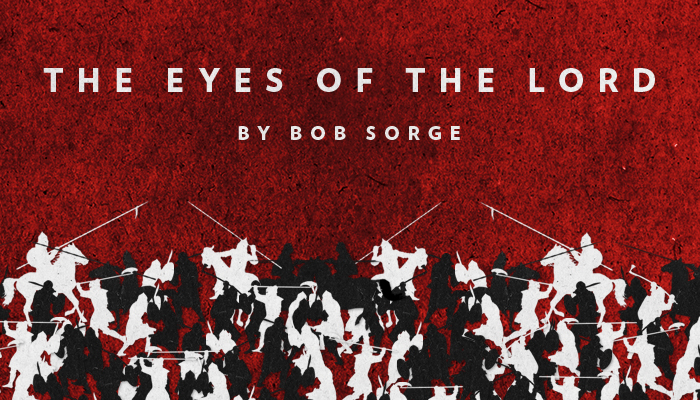Loyalty is a glorious, godly quality which is rightly to be celebrated. That’s why I’m glad it has taken a more prominent place in the minds of Americans today. Misconceptions about its true nature abound, however. Loyalty that is coerced or required is not loyalty but servitude. I’d like to use this brief post to identify the three things upon which loyalty must be built.
Before I get to that, though, I want to point to three things that loyalty is not based upon. First, loyalty is not expressed in silent acquiescence. It’s bold enough to disagree with a leader and speak the truth when necessary. It’s not loyalty unless it’s willing to confront. Silent submission isn’t loyalty, it’s foolishness.
Secondly, it’s not romantic unrealism. It doesn’t have an unrealistic view of a leader’s greatness. Loyalty actually sees the weaknesses, quirks, and foibles in a leader, but is willing to stay because of a fundamental conviction about the leader’s integrity, proven effectiveness, and favor under God.
Thirdly, it’s not unqualified allegiance. It doesn’t say, “I’ll follow you no matter what you do.” Loyalty is conditional. Only dogs give unqualified allegiance.
Yes, loyalty is conditional. It has a very concrete, substantial basis which must not be violated. Why, then, would someone be loyal to a leader? For three reasons.
1. Humility. Humility earns our loyalty because it’s realistic and wise. When you see a leader walking in authentic humility before God, you’re safe to give your heart.
2. Truth. Loyalty devotes itself to a cause where truth is valued and preserved. When you find fierce adherence to the truth of God’s word, it’s safe to give your heart in loyalty.
3. Righteousness. When a leader is walking in blamelessness and purity in his or her personal life in moral areas such as sexuality and financial integrity, then join the team and give your heart to the cause.
Leaders who display these three qualities are following in the legacy provided by our Master, of whom it says, “In Your majesty ride prosperously because of truth, humility, and righteousness” (Ps 45:4).
If a leader becomes arrogant, or abandons truth, or compromises his or her righteousness, gather your stuff and move on. The only reason to stay is if that leader repents and returns to these three values.
Leaders, give us three reasons please to be loyal to you. Demonstrate an unbending commitment to truth, humility, and righteousness.
This post is adapted from Bob’s book, LOYALTY: The Reach of the Noble Heart. You can find it at https://oasishouse.com/collections/bobs-books/products/loyalty-the-reach-of-the-noble-heart








